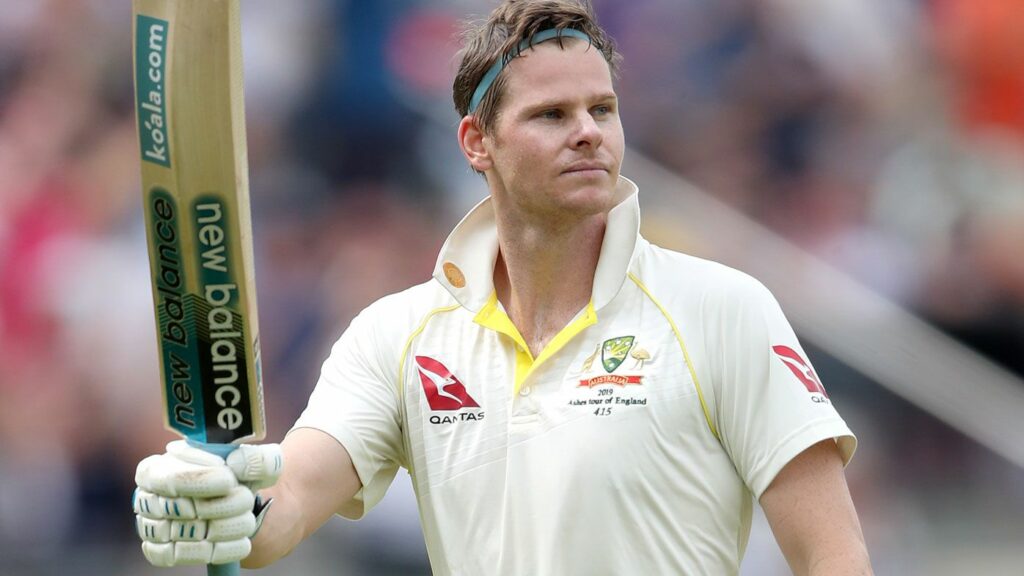Cricket Australia’s cultural reviewer Dr Simon Longstaff, a philosopher who had led CA’s probe into the infamous ball-tampering saga, has backed Steve Smith’s return to national captaincy.
Smith was banned from representing Australia for a year for being one of the men behind trying to alter the condition of the ball in the 2018 Cape Town Test against South Africa.
The modern-day batting great was also barred from captaining his country in any of the formats for another year after the playing ban was due to be over.
Smith returned to the international arena during the marquee summer in the UK back in 2019, where he was integral to Australia’s 2019 World Cup and Ashes campaigns.
It has been a while since the captaincy ban on Smith also got over, but he hasn’t yet been considered for reinstatement at the helm, with Aaron Finch in white-ball cricket and Tim Paine in Tests continuing to lead in the respective versions of the game.
Even though the Australian selectors and the team management have been wary of giving the captaincy badge to Smith again, Longstaff cleared he has no philosophical objection if they opt for a u-turn on the matter.
“I’ve always believed that if people have done the wrong thing and have paid a particular penalty and they show that they have been open in their acceptance of wrongdoing and genuinely remorseful, then they should not be excluded for all opportunities into the future, and I would apply that to Steven Smith,”
Longstaff told Sunday Age and Sun Herald.
Longstaff, though, also understands why the CA authorities would be hesitant in going back to Smith when it comes to national captaincy. He said Smith will be under greater scrutiny than he first became the Australian skipper if he is to come back at the helm in the near future.
“But that comes with, for him, a set of ethical expectations which are I think much higher. There’s much less room for slippage in terms of the integrity of leadership that a character like Steve Smith would bring to bear in the job than somebody who had a different past,”
“When he thinks about the role of captaincy, that he sees it in the light of his past experience and what additional expectations there will be of him, and realistic ones that he needs to meet, rather than just thinking that it’s going back to the captaincy as he once knew it,”
he added.
Smith had received a global backlash for his involvement in the ball-tampering saga as Cameron Bancroft was seen on the giant screen trying to rub the sandpaper on the cricket ball under his captaincy. It was understood later that vice-captain David Warner was another prime instigator in the matter.
The three players, who were banned by the ICC for the following Test match in Johannesburg, soon admitted their mistakes publicly and were subjected to separate punishments from CA, who tried to protect the reputation of the game Down Under with their decisions.
Coming back to Smith, the cricketer made a stellar comeback to national colours during the English summer. He scored 379 runs from his 10 innings at the 2019 World Cup and played a part in taking Australia to the semi-final.
In the Ashes that followed, Smith was at his absolute best and scored 774 runs from his 7 innings against the arch-rivals at an average of 110.57. He made three centuries in the five-Test series as Australia retained the prestigious urn in the UK for the first time since 2001.


